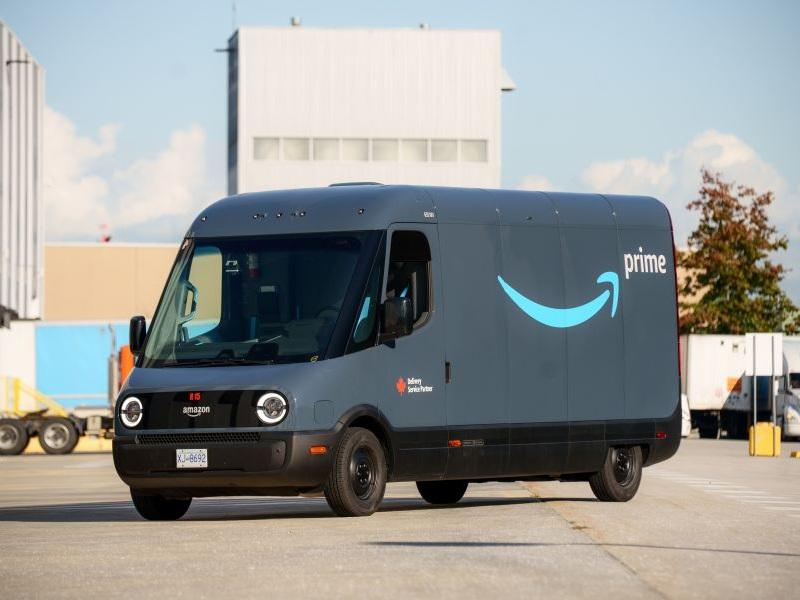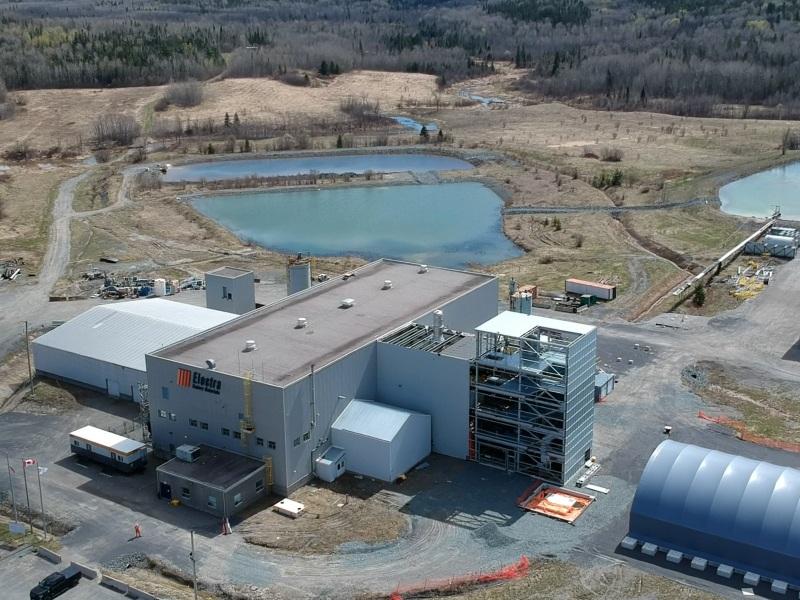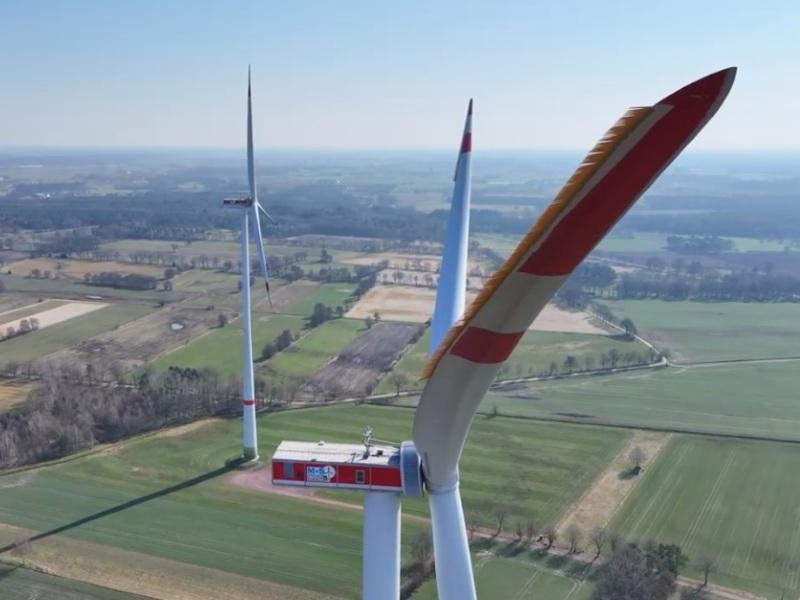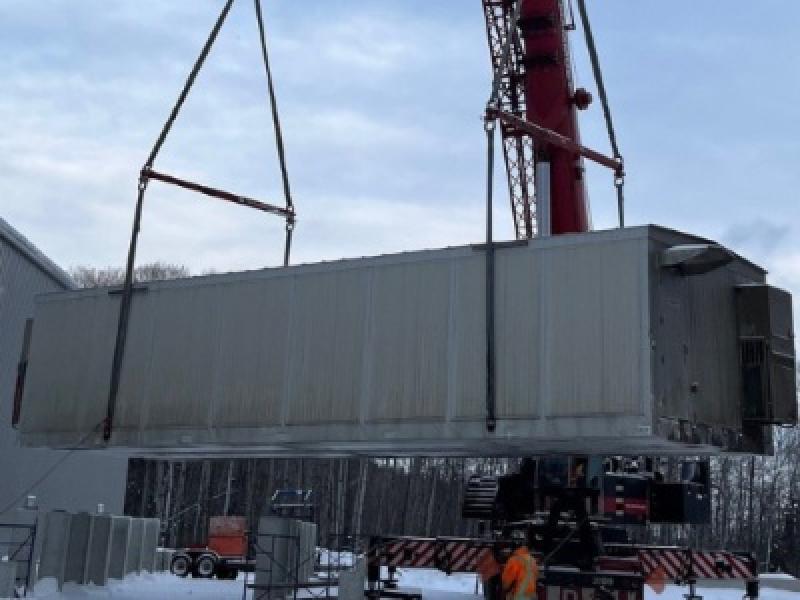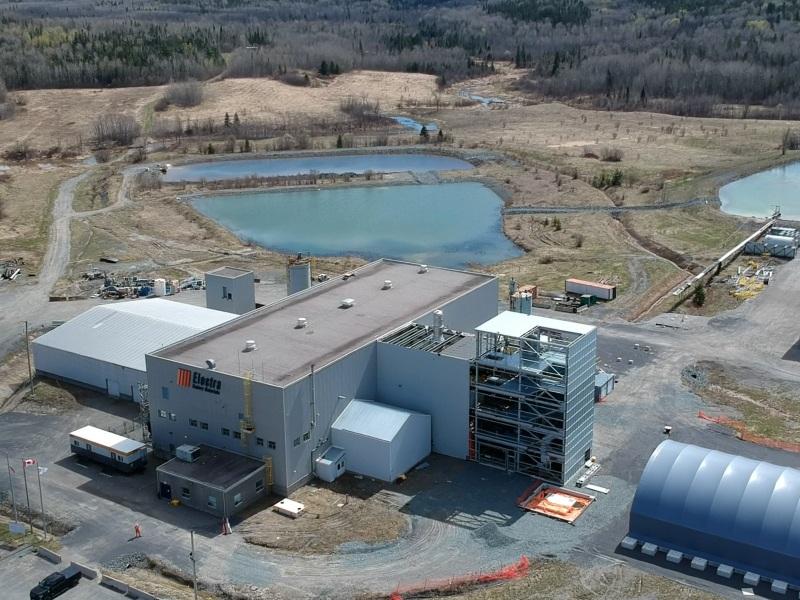
Electra Battery Materials Corporation (ELBM-X) says it has secured funding to finish the construction and commissioning of its cobalt sulphate refinery planned for Temiskaming Shores, Ont., a major step forward for the firm's flagship project.
The Toronto-based company announced Wednesday it closed $34.5 million in financing and $40 million in debt equitization for the facility (all figures US unless otherwise noted). Electra has received $82 million in investment and government commitments for the project, which the company calls North America’s first cobalt sulphate refinery.
It is designed to produce high-purity cobalt sulphate and other critical materials for the electric vehicle (EV) battery industry in Canada. The facility in northern Ontario is expected to produce up to 6,500 tonnes of cobalt sulphate per year, enough to supply one million EVs. The defense, energy storage and grid infrastructure industries are also potential customers, Electra said.
“This marks a turning point for Electra and a critical step in reducing foreign dependence in the battery supply chain,” Trent Mell, Electra’s CEO, said in the announcement.
Electra did not disclose when it expects construction on the facility will be complete, or when operations will start.
Electra restarts project
The closing of the funding is a critical phase for the project, which had its construction delayed in 2023 because of inflation, supply chain issues and an increased scope. The capital costs of the project rose from initial forecasts of approximately $80 million to over $110 million.
In 2024 and 2025, Electra received lifelines from the Canadian and U.S. governments to restart construction on the project. The U.S. Department of Defense awarded the company $20 million in August 2024, and Electra signed a term sheet for C$17.5 million in funding from Invest Ontario in September.
The governments of both countries have committed to building a domestic critical-minerals supply chain. The resources are crucial not just for clean energy infrastructure like solar panels and batteries, but also manufacturing electronics and defence applications.
The industry is largely controlled by the Chinese economy; the International Energy Agency says the country has an average market share of 70 per cent for refining 19 out of 20 strategic minerals. Mell said over 90 per cent of the world’s cobalt sulphate production takes place in China.
Political tensions between China and the West have led to the push for onshoring as a matter of national security.
To emphasize its role in national security, Electra brought on senior figures in the sector to its board of directors: Gerard Hueber, a retired U.S. Navy Rear Admiral; and Jody Thomas, Canada’s former national security and intelligence advisor to the prime minister.
EV industry hits a road bump
The closing of the funding is a ray of light in otherwise dark period for the Canadian EV industry. The sector is facing a testing time with major projects being delayed or cancelled, affecting Electra’s potential market.
On Tuesday, General Motors (GM) said it will cease production of its BrightDrop electric delivery vans at its Ingersoll, Ont. factory, citing slowing demand in the EV market.
Another GM project, the Ultium CAM facility in Becancour, Que. had its opening pushed back to October 2026. The joint venture between GM and South Korean company Posco Future M is projected to produce 30,000 tonnes of cathode active materials that will be used to make thousands of EV batteries for GM.
The delay of the project led miner Vale SA to cancel plans for a nearby nickel sulphate refinery that would have supplied Ultium CAM.
In May, Honda said it was delaying its $15-billion EV plans for Ontario by two years, affecting an EV battery factory, an assembly plant and two battery parts facilities.
“I’m not sure that we should ever have thought the energy transition was gonna be that smooth or that uniform,” Rachel Doran, then-Clean Energy Canada’s vice-president of policy and strategy, told Sustainable Biz Canada earlier this year about the struggles of the Canadian EV sector to find its footing.


